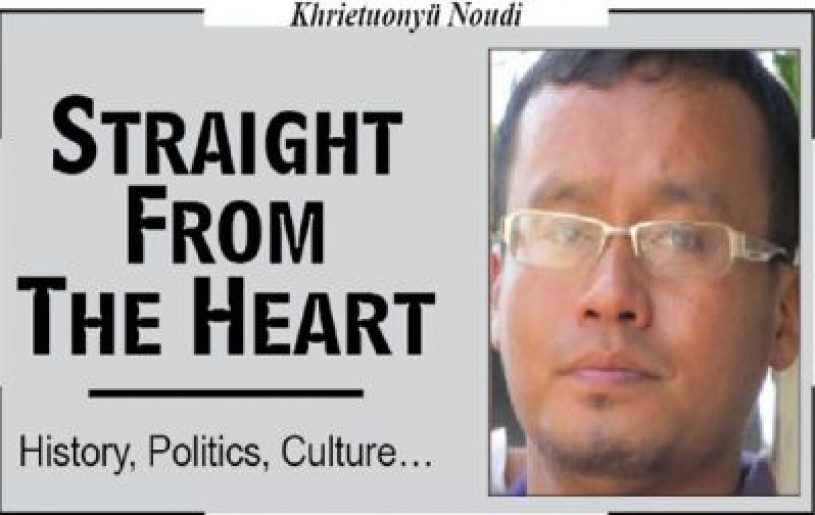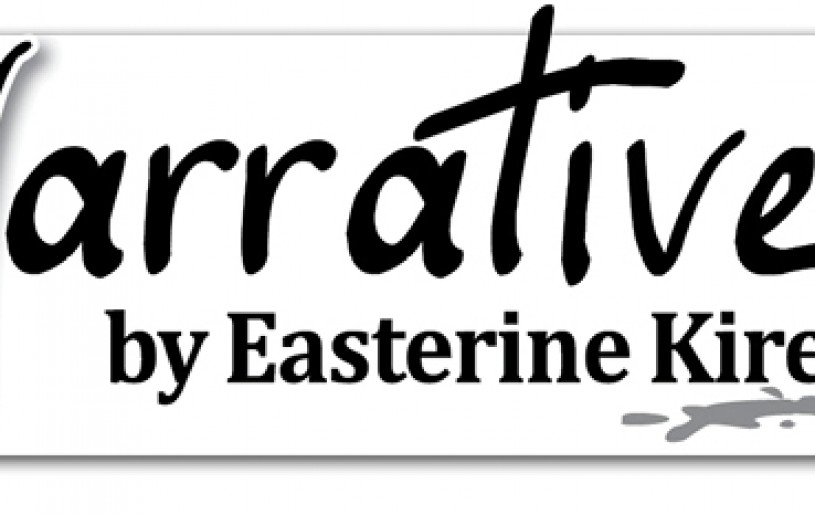
Pervez Musharraf, a former military chief, seized power in a bloodless coup in 1999, deposing the then Prime Minister Nawaz Sharif and then rising to become Pakistan’s Prime Minister himself. His undemocratic actions during his 10-year rule included the suppression of the judiciary in an attempt to suspend the constitution and the oppression of the media by curbing the law. Under his rule, many civil institutions were damaged. This was how civilian supremacy was lost to his military backed-government. All this resulted in civil unrest as more and more people, led by the legal community, began shouting, “Go, Musharraf, go!”
Thankfully, civil societies’ opposition to the elected leaders in Nagaland may not be as bad as some other places. But could this be because we the people are least concerned even if our leaders don’t seem to care about the sufferings of our common people? Perhaps we have learned the “secret” of tolerating political corruption and governmental abuse. Also, maybe we are okay with no proper roads, no reliable water supply, frequent power cuts, and so on. Or, could it be that our leaders are able to outsmart us with their clever political tricks? Here are some tactics some political parties would employ so that their candidates can get elected again and again despite their uselessness to the public:
First, those who are still currently holding political offices have more name recognition over their challengers due to their previous work in the office. They are more familiar to their constituents over the previous years. They have the advantage of using their office to keep their names and faces before the public in various ways –public appearances, interviews, speeches, and press releases. That’s why they can be reelected easily every election cycle, although there are many less-known people who are much more capable than them.
Second, incumbents have a strong advantage with funds necessary for campaigning. Either they have accumulated enough over the years while in office, or maybe because individuals and groups seeking access to them are still willing to make contributions to get them reelected. This is how potential candidates from poor backgrounds are perpetually kept out from contesting, simply because they don’t have enough money or financial backers.
Third, many incumbents have resources of office for their reelection. They have office staff to make contacts for them. They can travel to their districts or constituencies virtually year-round, using travel allowances, to make local appearances, speeches, and contacts. They have the advantage of bringing to their constituencies good roads, good schools, grants, contracts, employment opportunities – all at the government’s expenses. If they are truly caring public servants, the longer they have occupied the office, the more favors they have performed and the larger their networks of grateful voters. For these reasons, incumbents have a strong advantage when they seek reelection.
Fourth, incumbents have the established party organization to support them. For example, the NPF has a well-oiled party machine which has its tentacles spread in every district, with office buildings manned by well-fed party loyalists. (By the way, if these NPF buildings are paid bypublic funds – say, maybe from the 5% collection for party fund or from the 12% deduction by concerned minister – then perhaps the buildings should be turned over to the public again or to various non-partisan tribal Hohos for community-oriented activities). These structural resources tend to serve the narrowed-interests of the incumbents and enhance their chances of winning to the point that their challengers can hardly complete with them.
These unequal accesses to publicity, campaign funds, resources of office, and organizational advantages are “killers” of a fair play in election. To put it another way, the present set-up of our election system in Nagaland unduly favors the incumbents and deprives the common person any chance of winning or holding public office. This being the case, it’s important that the public insists on creating a fair electioneering system where every candidate, whether an incumbent or a first-timer, can compete with anyone from an equal playing field in every election cycle.
But realistically speaking, it’s quite unlikely that the present political parties will want to make any change. This is because they have created the current unfair system. They live off the system to stay in power. To maintain the status quo is their goal.
Perhaps there are two ways to handle this unfair electioneering system. One way to do it is by running for office yourself. To do so as a challenger, you must attack the record of the incumbent, point out the current deplorable conditions in your constituency, and stress the need for change. In other countries, challengers frequently opt for the “outsider” strategy, capitalizing on distrust and cynicism toward government.
There’s another way, too. Voters can exercise an anti-incumbent vote against elected officials currently in power. They can register their discontent with sitting government officials, particularly when protesting against certain actions taken by the government or the elected officials in question. An anti-incumbency factor can also be responsible for bringing down incumbents who have been in office for many successive terms in spite of failing performance indicators. Indeed, now could be the right time as there is a pervasive voter discontent as a result of widespread corruption and repulsive electioneering practices.






